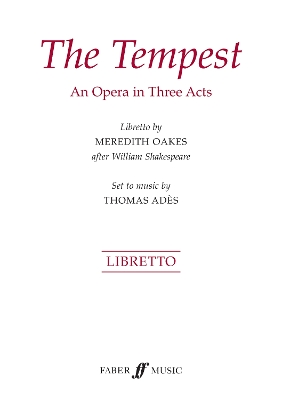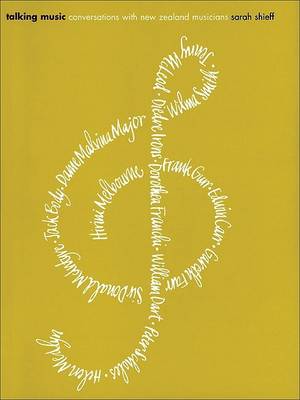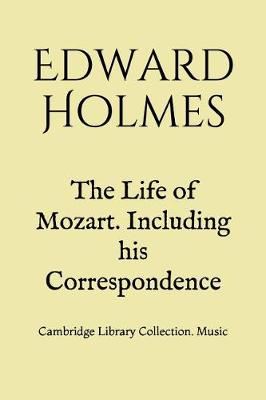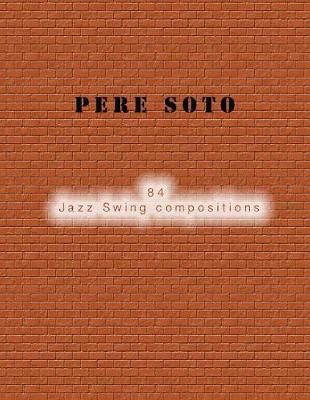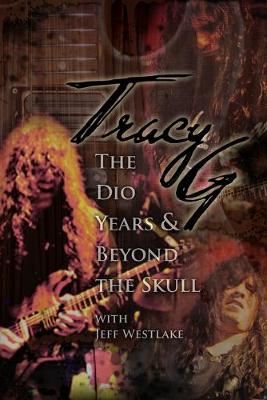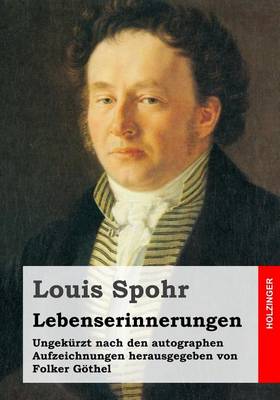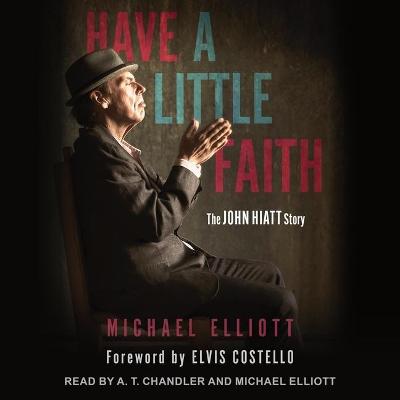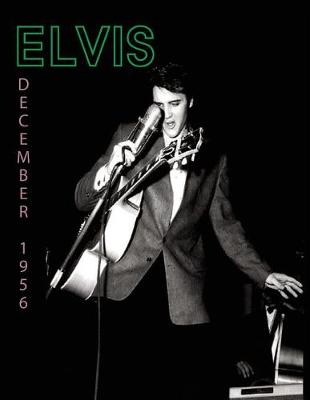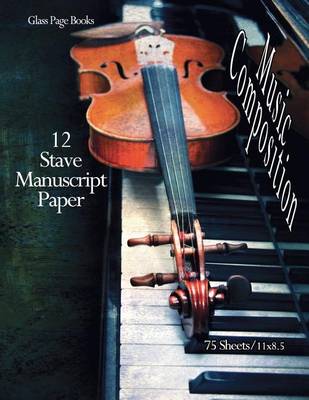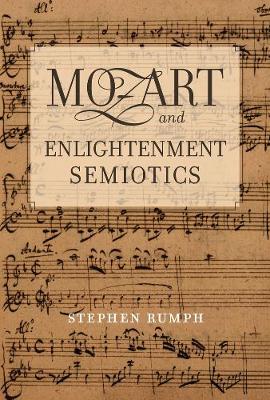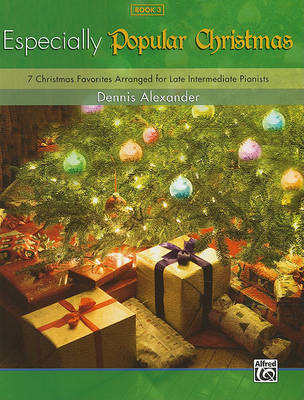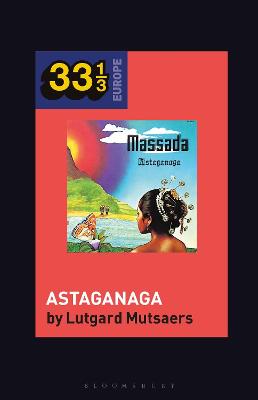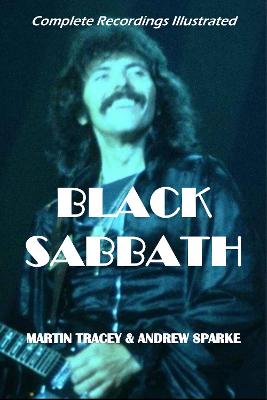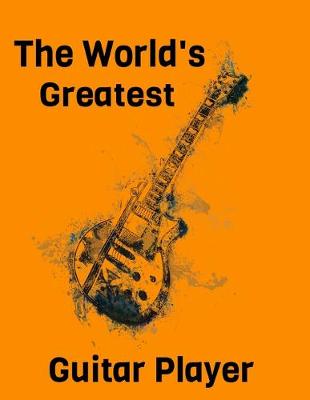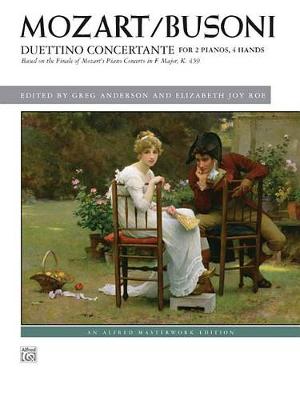With The Tempest Thomas Ades composed one of most striking and successful opera of recent years. From the turbulent orchestral prelude with which it begins to Ariel's stratospheric yet ethereal 'Five fathoms deep' and the radiant quintet of reconciliation in its final act, its composer conjures up a wholly compelling musical world. Responding to librettist Meredith Oake's clear, unfussy refashioning of Shakespeare into formalised rhyme schemes, Ades has created a new kind of tonal language that...
Fourteen musicians tell their stories about how they became who they are, the commitment required, the struggles, failures and successes, and the fierce ambition which has driven them. The interviews criss-cross with one another. They may be national stories but they are also international stories. They may be about musicians but they are also about artists, writers, sculptors, theatre practitioners and the intersections our art-forms have with one another. In the telling of their stories, throu...
In this groundbreaking, historically-informed semiotic study of late eighteenth-century music, Stephen Rumph focuses on Mozart to explore musical meaning within the context of Enlightenment sign and language theory. Illuminating his discussion with French, British, German, and Italian writings on signs and language, Rumph analyzes movements from Mozart's symphonies, concertos, operas, and church music. He argues that Mozartian semiosis is best understood within the empiricist tradition of Condil...
This book explores an album of popular music with a remarkable significance to a violent wave of postcolonial tensions in the Netherlands in the 1970s. Several "actions" were claimed by a small number of first-generation descendants of ca. 12,500 reluctant migrants from the young independent state of Indonesia (former Dutch East Indies). Transferred in 1951, this culturally coherent group consisted of ex-Royal Dutch Colonial Army personnel and their families. Their ancient roots in the Moluccan...
Shostakovich's Seventh Symphony was first played in the city of its birth on 9 August, 1942. There has never been a first performance to match it. Pray God, there never will be again. Almost a year earlier, the Germans had begun their blockade of the city. Already many thousands had died of their wounds, the cold, and most of all, starvation. The assembled musicians - scrounged from frontline units and military bands, for only twenty of the orchestra's 100 players had survived - were so hungry,...
